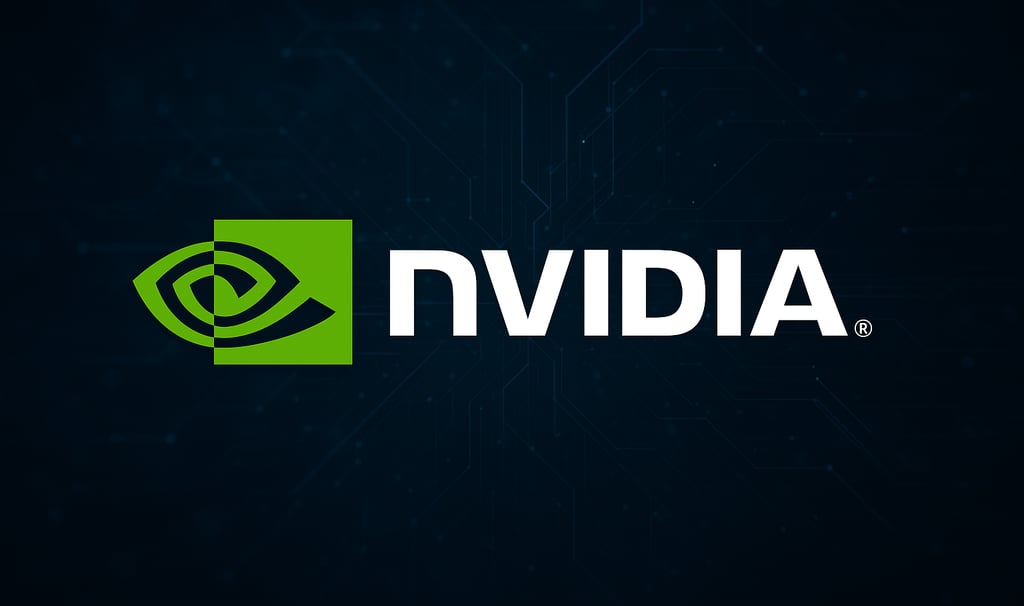Nvidia Nears $5 Trillion Valuation as AI Boom and U.S. Tech Policy Drive Growth
Nvidia approaches a record $5 trillion market cap under U.S. AI-driven tech policies, reshaping global innovation and chip dominance.
Raja Awais Ali
10/29/20252 min read


Nvidia Nears Historic $5 Trillion Valuation Amid AI Boom and U.S. Tech Push
American chipmaking giant Nvidia Corporation is on the verge of making history as its market valuation approaches $5 trillion, a milestone no publicly traded company has ever reached. This massive surge is driven by the global artificial intelligence (AI) boom and strong political support for U.S. technology expansion under President Donald Trump’s administration.
According to official reports, Nvidia’s market capitalization skyrocketed after CEO Jensen Huang announced that the company currently holds $500 billion worth of AI chip orders. He also confirmed that Nvidia is working with the U.S. Department of Energy to build seven new AI supercomputers, each equipped with thousands of its most advanced Blackwell chips. These machines are expected to position the United States as a global leader in AI development and data infrastructure.
In July 2025, Nvidia was valued at around $4 trillion, and within just a few months, it has accelerated toward the $5 trillion mark — an unprecedented growth rate in corporate history. Investors say this reflects unstoppable global spending on AI technologies, ranging from autonomous systems to data centers and robotics.
Meanwhile, tech giants such as Microsoft and Apple are also approaching $4 trillion valuations, showing that the AI revolution has ignited a trillion-dollar race among the world’s largest technology companies. Nvidia’s dominance in GPU and AI infrastructure has made it the centerpiece of this transformation.
President Donald Trump’s administration has emphasized boosting U.S. innovation and technology independence through increased investment in AI research, semiconductor manufacturing, and defense technology. His policies to strengthen domestic chip production and maintain competitive leadership have helped companies like Nvidia thrive in a favorable industrial climate.
During a recent developer conference, Jensen Huang praised U.S. government initiatives supporting AI leadership, saying that under current policies, “America is once again leading the world in technological innovation.” Federal cooperation with AI companies, including Nvidia, has further accelerated the country’s progress in advanced computing.
On the geopolitical front, Nvidia’s new projects carry deep strategic importance. One of its upcoming supercomputers will feature over 100,000 Blackwell chips, making it one of the most powerful computing systems ever built. This initiative is not only a technological leap but also a critical move in the U.S.–China competition for semiconductor dominance.
However, analysts warn that such rapid growth comes with challenges. The company’s high valuation means even minor supply chain issues, chip shortages, or export restrictions could affect its market momentum. Experts believe that Nvidia’s next quarterly results will determine whether it can maintain this record-breaking pace.
Nvidia’s climb toward the $5 trillion valuation symbolizes more than corporate success — it represents a new industrial revolution powered by AI. The company has evolved from a graphics-chip producer into the engine of the global AI economy, reshaping how nations compete for technological leadership. With strong government backing and relentless AI innovation, Nvidia now stands at the heart of a new digital era — one that could define the next decade of global progress.
Stay informed with the latest national and international news.
© 2025. All rights reserved.